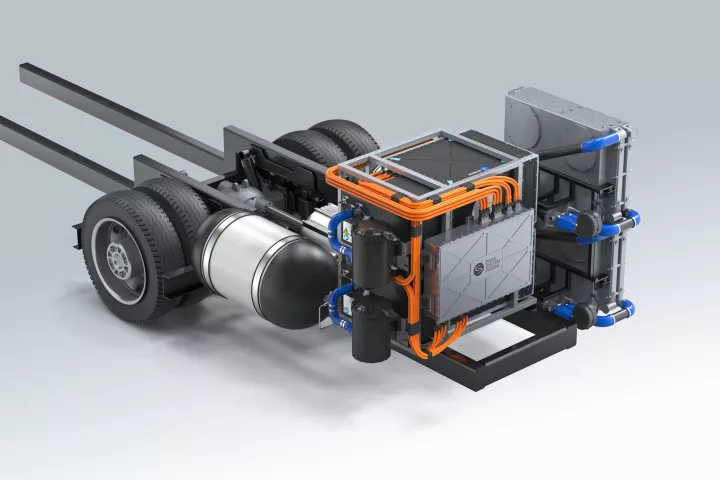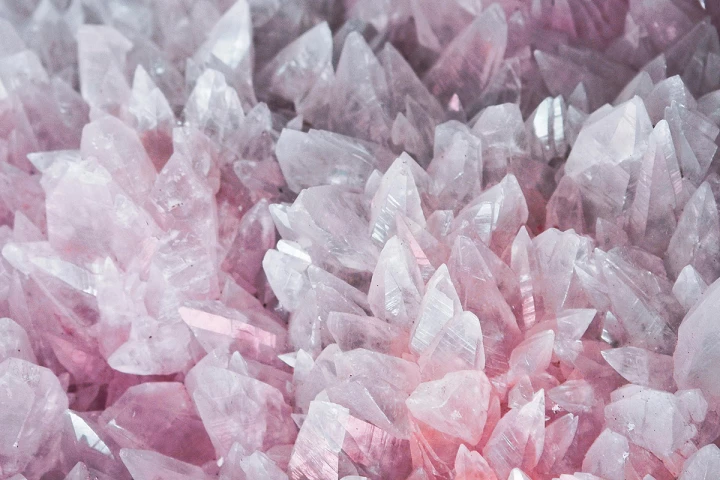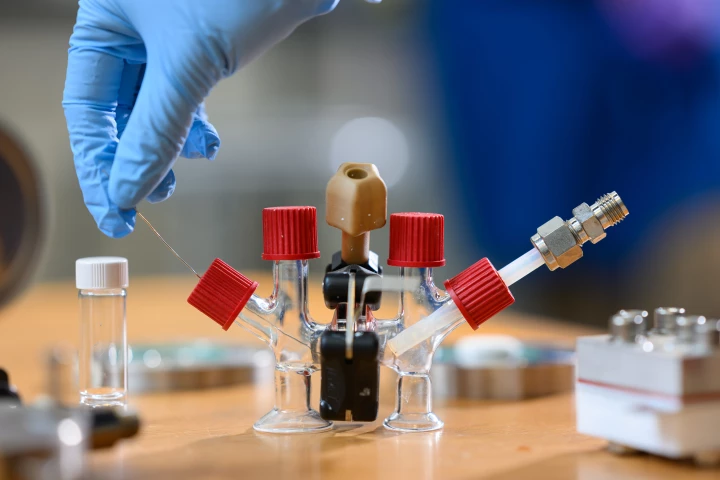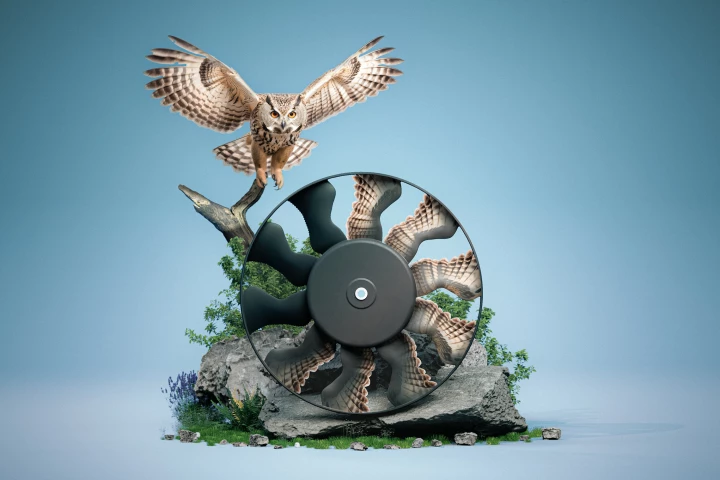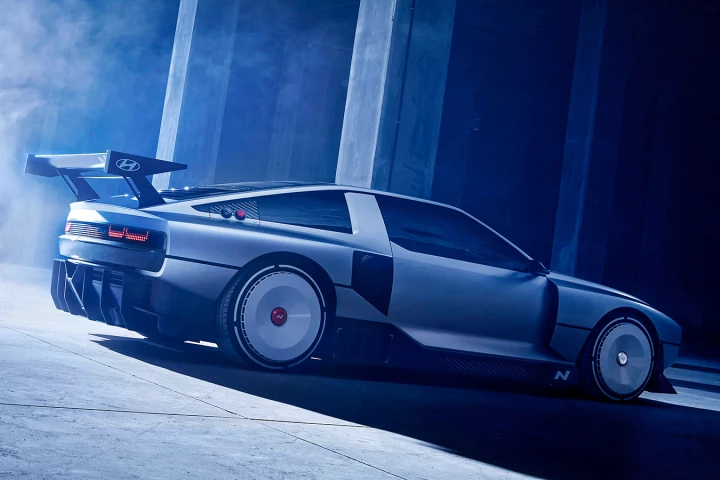Fuel Cell
-
Toyota has unveiled the Tacoma H2-Overlander Concept at the Specialty Equipment Market Association (SEMA) show in Las Vegas. The concept filters water, charges EVs, and is built on the TNGA-F truck platform.
-
Fuel cells enter the big leagues as Intelligent Energy unveils its 200-kW IE-DRIVE HD system for heavy vehicles. Billed as the "first-of-its-kind" multi-input, multi-output DC-DC converter, the new cell promises practicality and zero emissions.
-
Researchers have developed a new crystalline material that can release and capture oxygen on demand. That allows for efficient electricity production from hydrogen with low emissions from fuel cells, and without breaking down over repeated use.
-
The US Naval Research Laboratory (NRL) has taken hydrogen tactical, by adapting fuel cell technology for US Marine Corps field units to replace the heavy batteries and generators now used by soldiers to provide electricity.
-
Scientists have developed a fuel cell system which they say could ultimately have enough energy capacity to power regional electric aircraft. They state that the technology is capable of carrying over three times as much energy per unit of weight as a lithium-ion battery.
-
Hyundai has just shown off its second-generation Nexo SUV in South Korea, which gets all-new styling, increased range of 435 miles on a 5-minute top-up, and towing capability – a first in the fuel-cell electric vehicle category.
-
French company Beyond Aero has released an updated design for the zero-emissions jet it's aiming to put into service by 2030, claiming it'll be considerably cheaper to run than conventional jets, while cutting cabin noise by half.
-
What's good for fish may be good for robots, too, as researchers from the Helmholtz-Zentrum Hereon have developed an artificial gill that can extract oxygen from seawater to run fuel cells to power robotic sea gliders on long missions.
-
Mahle has been hard at work on next-gen e-drive systems, and it's also been exploring other electrification components. It has revealed a thermal management fan that borrows from nature to provide smoother, quieter, more efficient performance.
-
Ever since Hyundai's zero-emissions N Vision 74 concept car first appeared on the scene a few years ago, car lovers have been desperate to see the thing move from prototype to product. Their wait may soon be over.
-
The company that broke a Guinness World Record this year with its all-hydrogen train has just announced another world first. Stadler Rail has developed a fleet of train cars that can run on either hydrogen or battery power for branch rail services.
-
As hydrogen-powered vehicles continue to evolve, their use will become as niche as that of some current land-, sea-, and air-transportation methods, such as a new agreement that will see helicopters powered by the green fuel used for organ transport.
Load More

